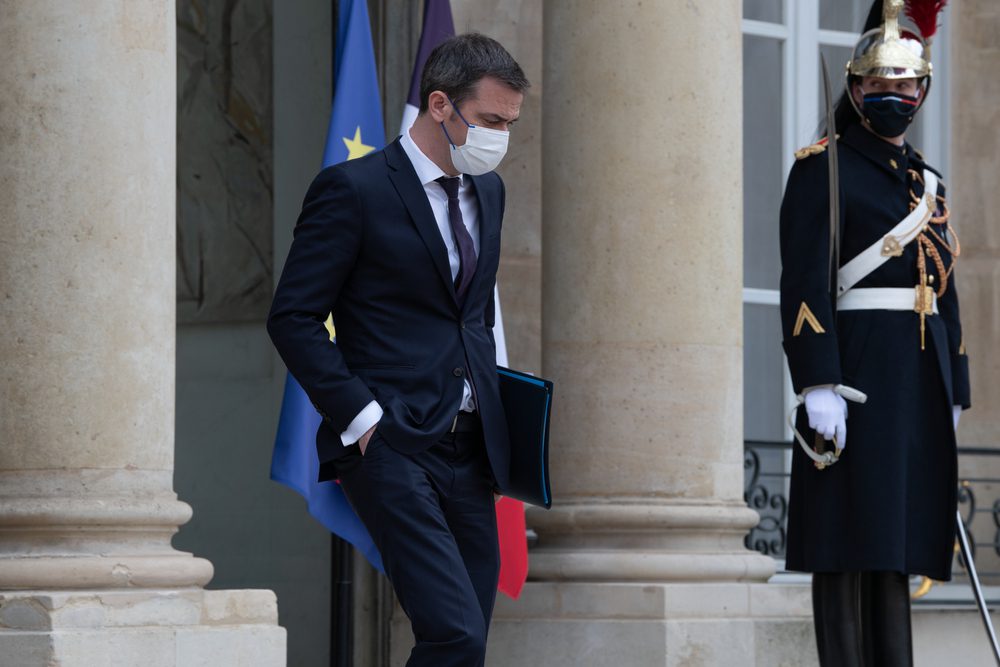
Italy To Cut Subsidies to Encourage Employment
The ‘solidarity income’ kept recipients from the labour market, according to Meloni. The new scheme focuses on people who cannot easily return to work, such as families with disabled people, minors, and people over 60.










